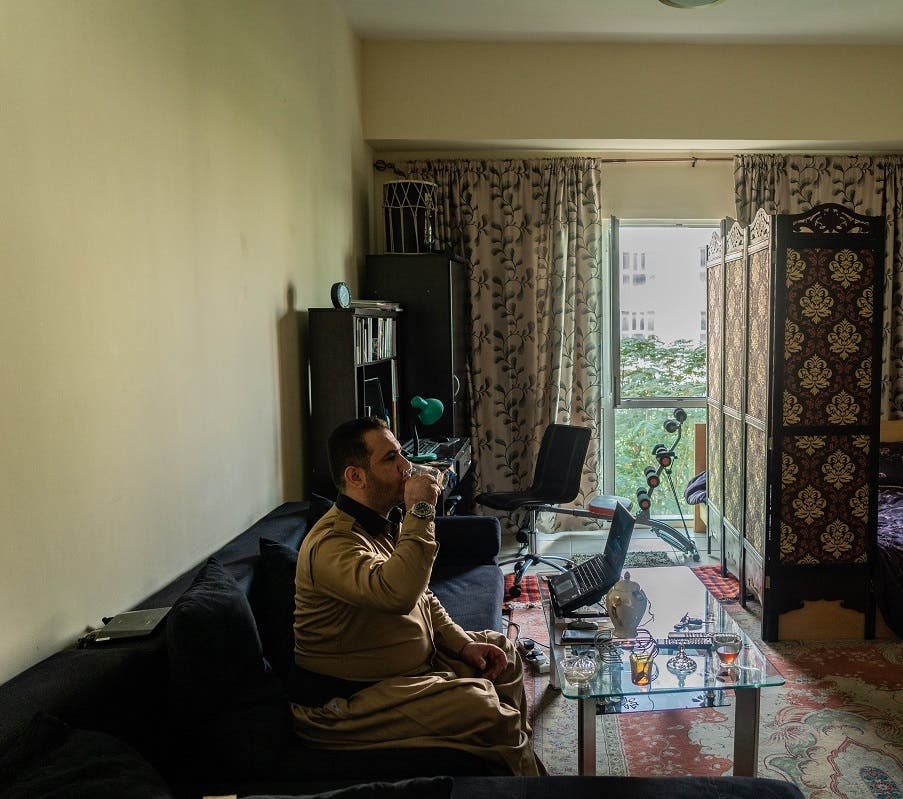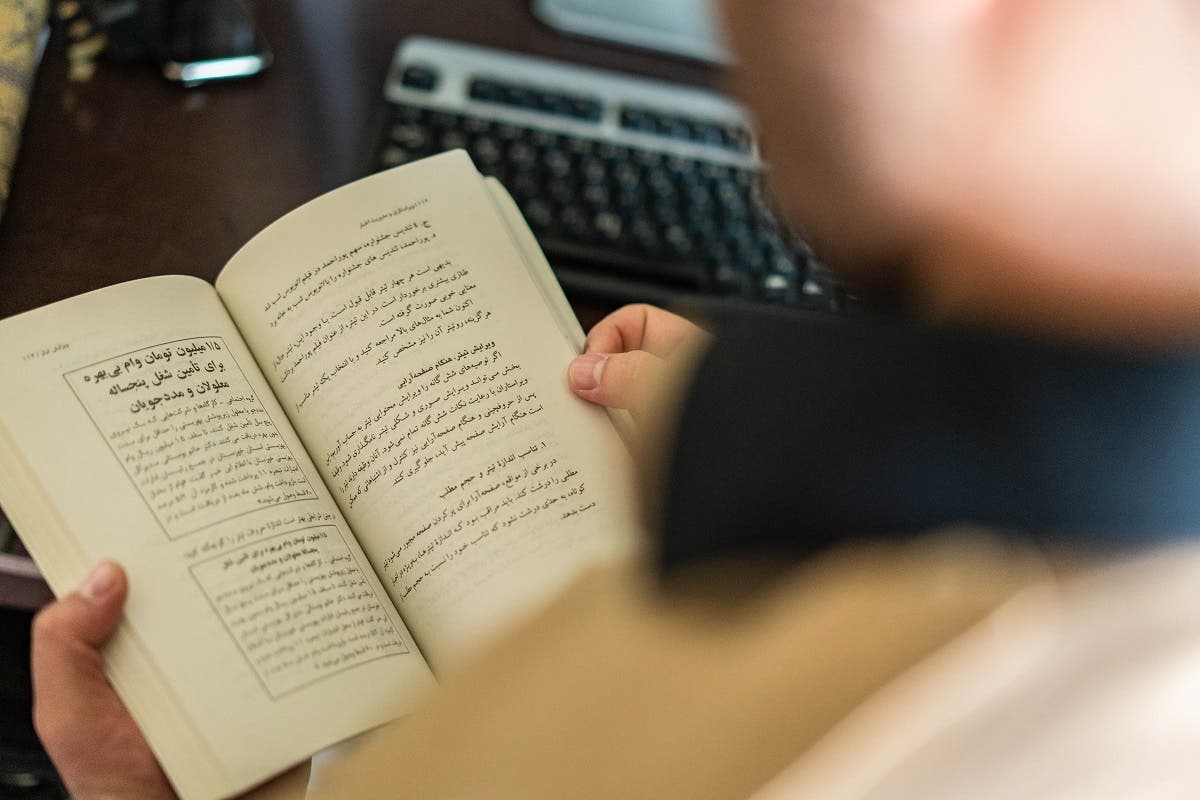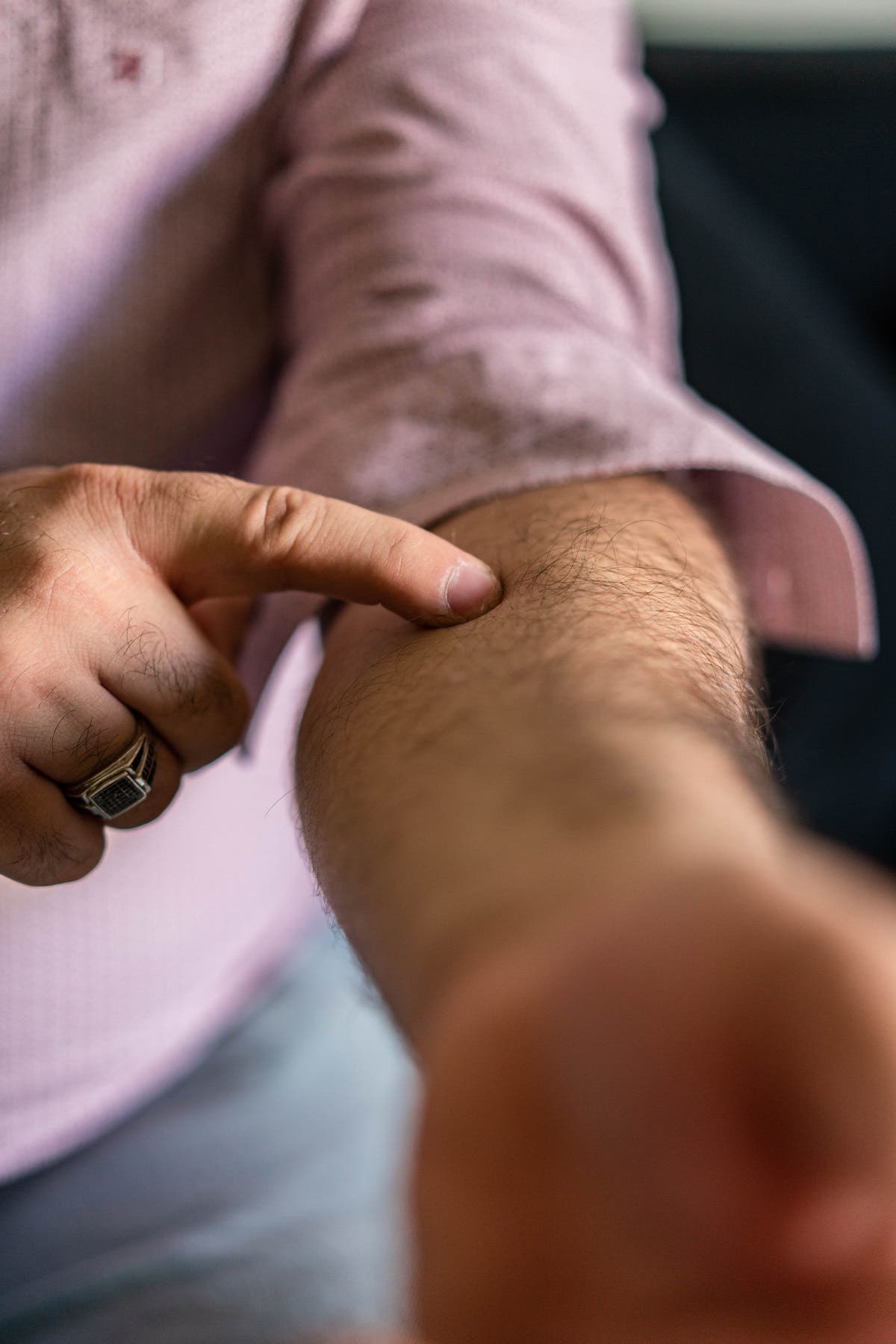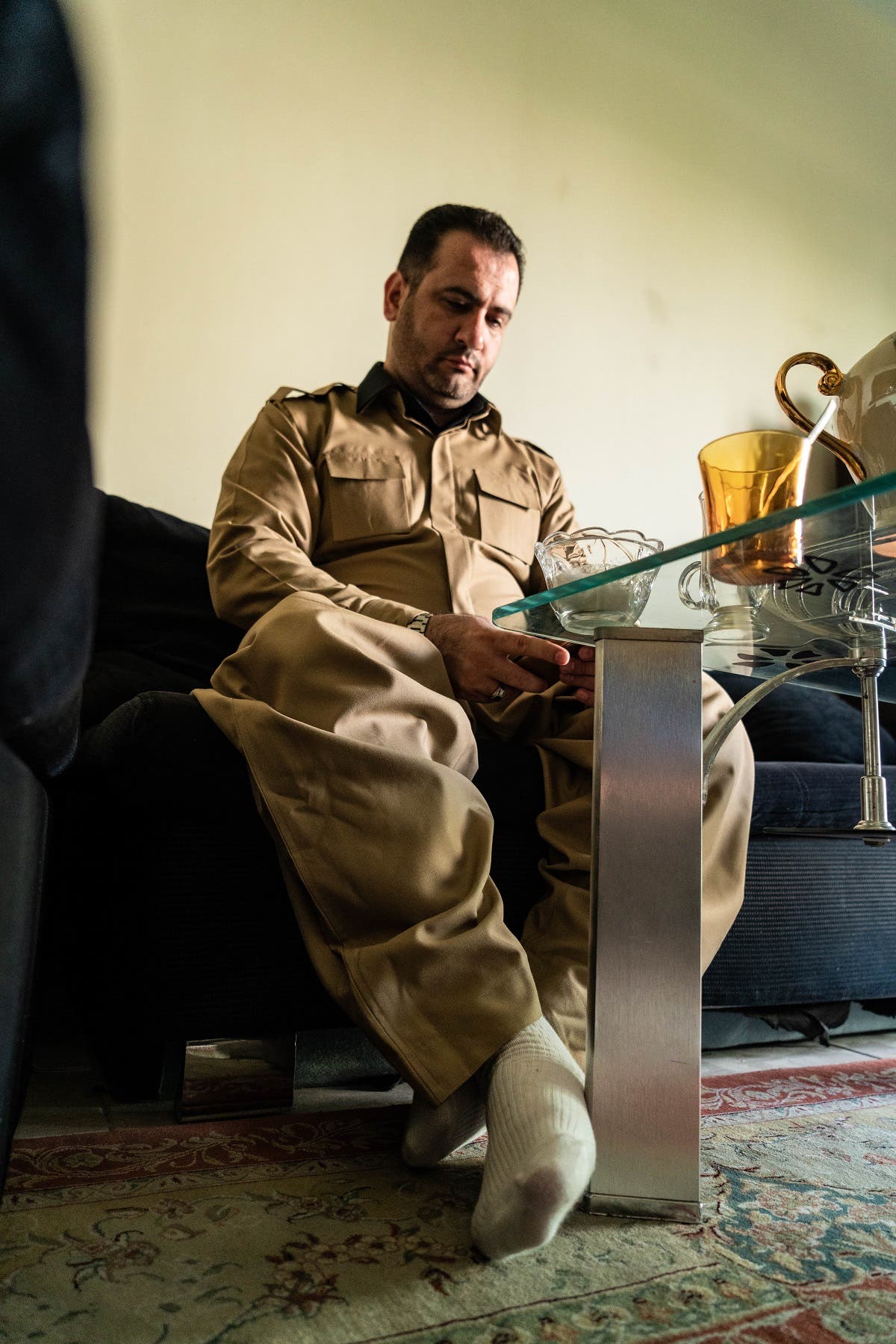Al-Arabia – “There are several pictures and videos showing the brutal treatment of citizens in the form of beatings in public. So, you can imagine the extent of torture that takes place in dark prison cells.”
This is how Kurdish activist and media personality, Hassan Karimi, explained his experience in Iranian prisons. Karimi was unfortunate enough to be imprisoned three times by the Iranian regime for the mere fact that he had a sectarian identity, as he put it.
“The preservation of national, religious, and sectarian identity in Iran is considered an unforgivable charge. As both a Kurd and a Sunni, I already had good reason to be imprisoned since birth,” Karimi told Al Arabiya.
Karimi was a teacher who gave private lessons teaching the Kurdish language in homes. But, although such a job may seem pretty regular, Karimi said it was actually a very dangerous feat.
According to an Amnesty International report, Kurds in Iran have long suffered deep-rooted discrimination. Their social, political and cultural rights have been repressed, as have their economic aspirations. The report adds that Kurdish regions have been economically neglected, resulting in entrenched poverty.
“I was at my colleague’s house who is a teaching assistant, and we were preparing some content for a class. All of a sudden, people from the ministry of intelligence came to the house and arrested us. They took us from Bukan to a city called Urmia.”
They were both charged with “endangering Iranian national security” and “sympathy for Kurdish parties.”

Targeting minorities
In Urmia, Karimi said he was thrown in a cell, originally meant to accommodate one person, with eight other men.
“The toilet was right there in the cell so we had to go in front of each other,” he said.
Up to 50 people are imprisoned in Iran every hour, the head of the Iranian Social Workers’ Association, Hassan Mousavi Chelak, had told state-run IranianStudents News Agency (ISNA) in 2018.
According to many reports, minorities, intellectuals and politicians are a favorite target for the regime’s forces. Most of those, like Karimi, are usually taken to the notorious Evin prison.
It is located in the Evin neighborhood of Tehran, Iran. The infamous prison is known for housing Iran’s political prisoners since 1972, before and after the Islamic Revolution, which won it its nickname “Evin University” due to the number of intellectuals housed there.
This is where Karimi was taken in 2009 during protests known as the Green Movement, following the Iranian presidential election, in which protesters demanded the removal of Mahmoud Ahmadinejad from office.

“I was in the city of Saravan in the Baluchistan Province, where I was arrested with a large number of protesters, although I was not part of the Green Movement. Usually, however, when disruptions such as protests occur, security services summon and detain those who have been arrested before or imprisoned for political or civil activities as a proactive measure to prevent the expansion of the protests. Therefore, I was arrested without legal justification,” Karimi said.
Torture in Baluchistan ‘the worst’
Every time Karimi was arrested, he said they would take him to detention facilities that belong to intelligence services where he was held for three to ten months without being formally charged.
But the worst torture Karimi experience was in Baluchistan, the second time he was arrested.
“For days, my hand and feet were tied together so my body was arched forward in that position. I couldn’t even go to the bathroom while also being in solitary confinement,” he said.
“Because of being tied up for so long, and handcuffed, the veins and arteries in my forearm were squeezed so tight and torn apart. I couldn’t feel my left forearm. If you poked a knife through it, I wouldn’t feel it. For over a year I went to several doctors.”

Karimi had been in the city of Zahedan, which is mostly Sunni. His translator said Karimi probably stood out for being white with light brown hair, as most people in that city have a dark complexion.
Days before his arrival in 2008, the Iranian government had bulldozed the Abu Hanifa Mosque and a religious school in Zabol. They beat and arrested the students and staff, and rounded them up in security cars.
The incident sparked a Sunni campaign, which began protesting against the regime forces’ use of violence, and the widening sectarian gap.
“The regime thought I was part of this campaign but they had no evidence or charge whatsoever against me so they were forced to release me after 40 days of solitary confinement. But they spent these 40 days vehemently looking for any charge to place me in these protests and this campaign.”
Iran was condemned for the 65th time in the UN’s Third Committee for violation of human rights on November 15, 2018. Passing such resolutions relating to this in the highest international body every year is a constant reminder of the human rights abuses of the republic.
Karimi said that torture methods in prison included putting prisoners under strong and intense lighting continuously during the day and night, handcuffing prisoners’ arms and legs to a bed known as ‘the bed of miracles’ for the large amount of confessions extracted by using it, and making prisoners believe that they will be executed. The prisoner is blindfolded, and taken to an unknown place upon being told they will be executed, where they often have a rope tightened around their neck in order to frighten them, Karimi said.
“I swear, I swear, I swear, one of them knocked so hard on my cell door one night, and looked like he was about to beat me. I started saying ‘by God, please don’t’, and the man replies ‘God? What God? Is he here, I don’t see him. There is no God here’,” Karimi said.
The escape
Two incidents involving Karimi’s ex-prison mates made him want to escape from Iran for good.
“After they were released, they were running a small charity where they used to collect money for the poor in Kurdish areas. When authorities found out about this, they assassinated one of them, Idris Khademi, and sentenced the other, Aram Mikhael, to nine years in jail because he had witnesses Idris’s assassination. And these were my friends so I was afraid they would go after me next.”

Karimi said that after these incidents, authorities summoned him every week for interrogation, and forced him to sign documents so they knew where he was at all times.
Karimi said he couldn’t afford to escape through Europe so he had to go through a longer, more complicated route. He did not reveal the details of his escape route in order not to endanger anyone else planning on taking this route.
“After going through this, I’ve noticed that I get very angry quickly, and very anxious. I get nightmares all the time of someone torturing me. After I was released for the last time, for a while I was not able to sleep in the dark as they used to torture us in the dark. I would make my family keep all the lights on.”
“Even now, living abroad, my car got keyed twice. I am positive it is by someone sent by them to threaten me,” he added.
When asked about his childhood and if he wishes to go back someday, Karimi’s eyes glisten and a smile immediately forms on his face.
“Of course I remember my childhood playing with my friends in the snow in the mountains. I remember our culture, my family, my life, it was all there. I am like a tree that was originally planted in one place, and was uprooted and placed in another. It will never be the same as where it was originally planted.”
Karimi left Iran in 2012, and hasn’t gone back since.
 Shabtabnews In this dark night, I have lost my way – Arise from a corner, oh you the star of guidance.
Shabtabnews In this dark night, I have lost my way – Arise from a corner, oh you the star of guidance.


